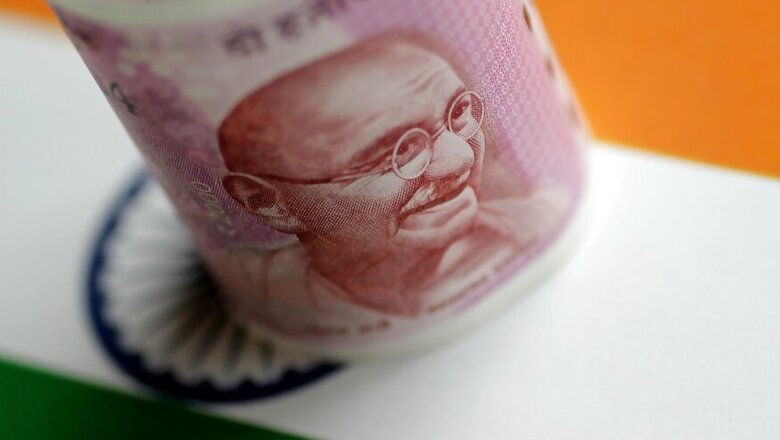
views
India recorded a current account surplus of $0.6 billion or 0.1 per cent of GDP for the January-March quarter against a deficit of $4.6 billion or 0.7 per cent of GDP in the year-ago period, the Reserve Bank said on Tuesday.
For the fiscal year 2019-20, the current account deficit narrowed to 0.9 per cent of the GDP compared to 2.1 per cent in FY2018-19, the central bank said.
Lower trade deficit was one of the prime reasons for the improvement in the current account balances both for the March quarter as well as for the whole fiscal year.
The current account balances, which represents the net of the country's export and imports of goods and services and also payments made to foreign investors or inflows from them, are considered as an important indicator of a country's external sector.
The Reserve Bank said the surplus in the current account in the March quarter was primarily on account of a lower trade deficit at USD 35 billion and a sharp rise in net invisible receipts at USD 35.6 billion as compared with the corresponding period of last year.
The net services receipts increased to USD 22 billion in March quarter as against the year-ago's USD 21.3 billion on the back of a rise in net earnings from computer and travel services on a year-on-year basis, the RBI said.
Private transfer receipts, mainly representing remittances by Indians employed overseas, increased 14.8 per cent to USD 20.6 billion for the reporting quarter, the RBI said.
The net outgo from the primary income account, which primarily reflects the net overseas investment income payments, decreased to USD 4.8 billion from USD 6.9 billion a year ago, the central bank said.
The net foreign direct investment nearly doubled to USD 12 billion for the March quarter as against the USD 6.4 billion in the year-ago period, while foreign portfolio investments (FPIs) declined by USD 13.7 billion during the three month period as against an increase of USD 9.4 billion in the year-ago period.




















Comments
0 comment